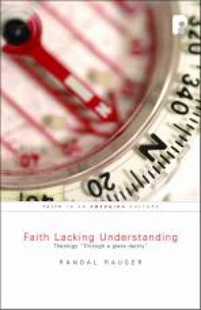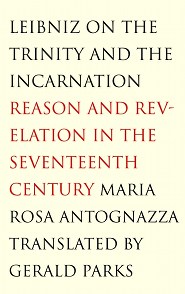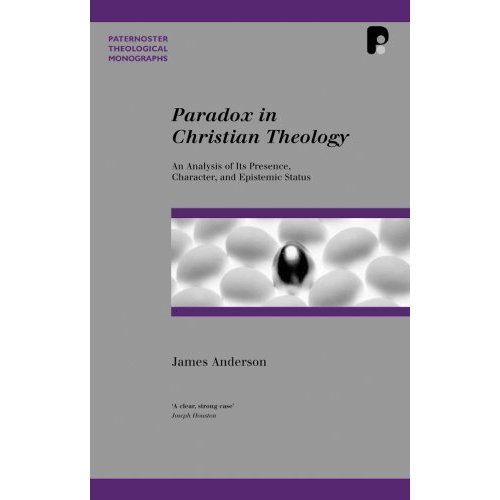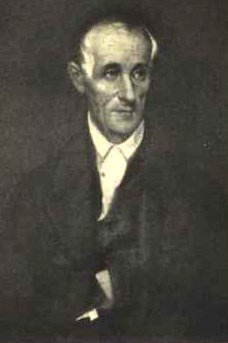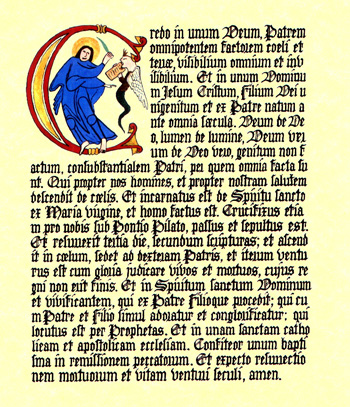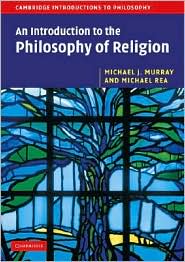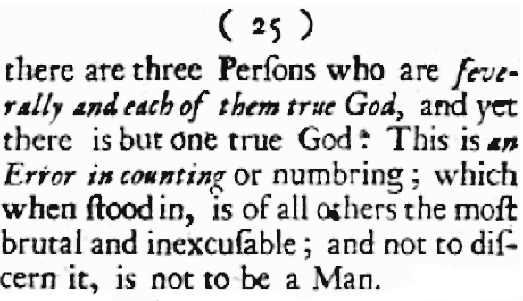Richard of St. Victor’s De Trinitate, Chapter 14, Part 2 (JOSEPH)
I (and so we) took a break from the Richard posts. But we now return. Perhaps at some point I’ll blog on some conferences I’ve been to: the Metaphysics of the Incarnation conference at the University of Oxford last September. And I might share a very brief talk I gave on the Trinity at a local church last October. But for now, on to the main attraction.
Richard has already argued in various ways that if there is so much as one divine person, there are at least three divine persons. But the arguments have all been a bit here and there. So to make the reasons even more evident, he plans to gather them all up into one. So here it is:
Suppose there is only one divine person: P.
1) Then P doesn’t share his greatness.
2) Compare two situations. In the first, P is the only divine person. In the second, P is not the only divine person; there is another: Q. In the second situation, P and Q love each other and P has the pleasure that love brings. So in the first situation, P lacks in eternity not only such love but also such pleasure.
3) Anyone supremely good shares her greatness. (Not so to share is to retain something greedily. But anyone supremely good does nothing greedily.)
4) Anyone supremely happy has such pleasure. (Not to have such pleasure is not to have an abundance of pleasure. But anyone supremely happy has an abundance of pleasure.)
5) P is supremely good and happy.
So if there is at least one divine person, there are at least two divine persons.Read More »Richard of St. Victor’s De Trinitate, Chapter 14, Part 2 (JOSEPH)
